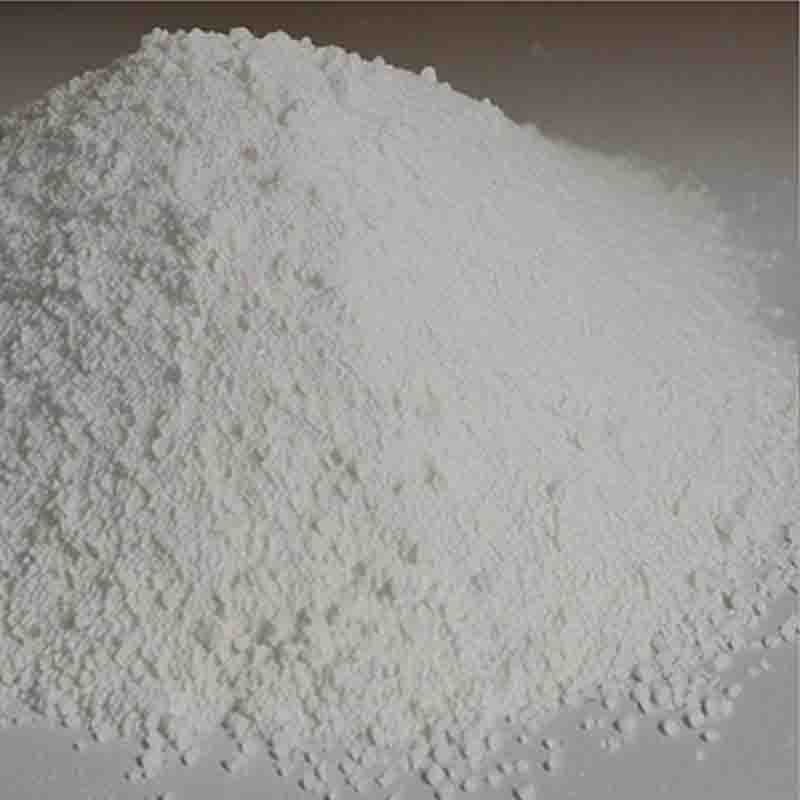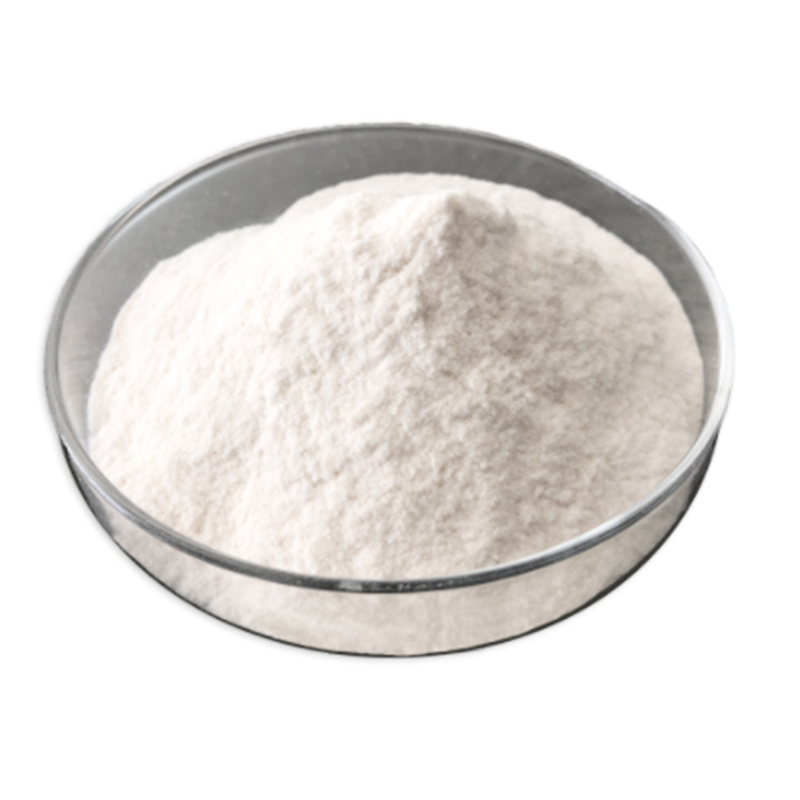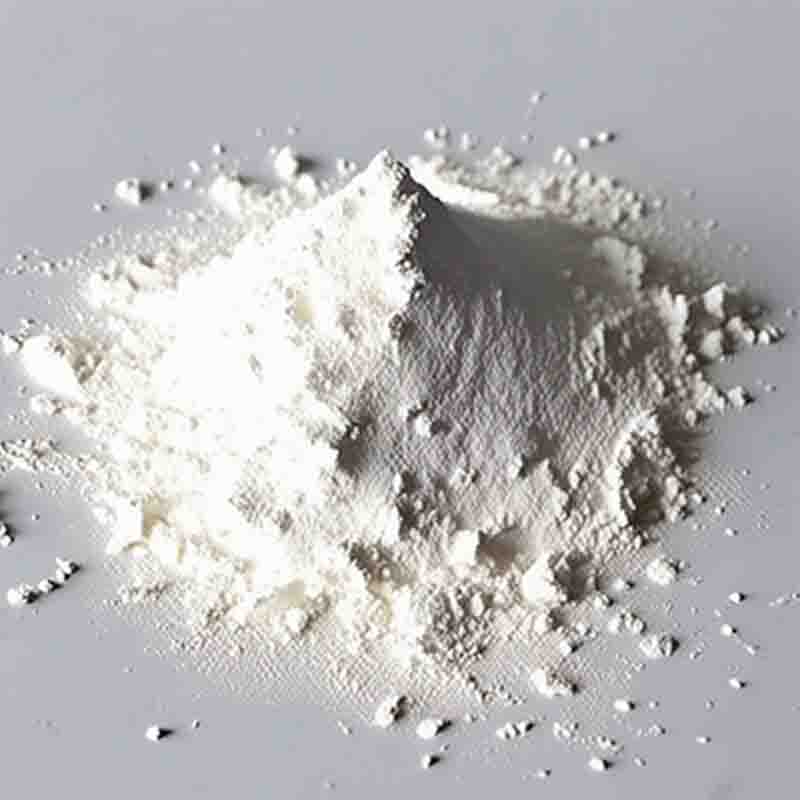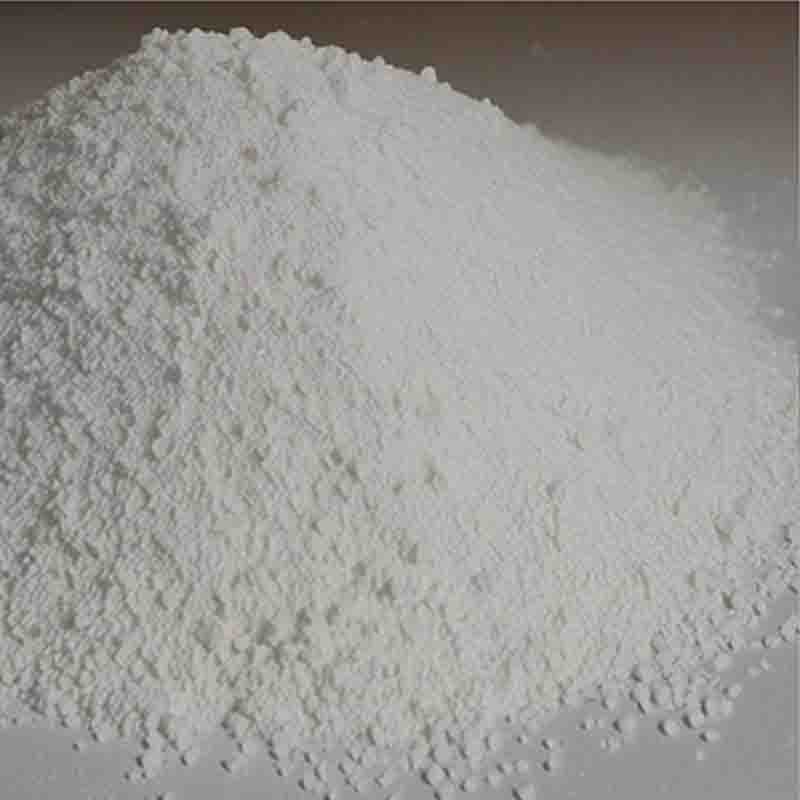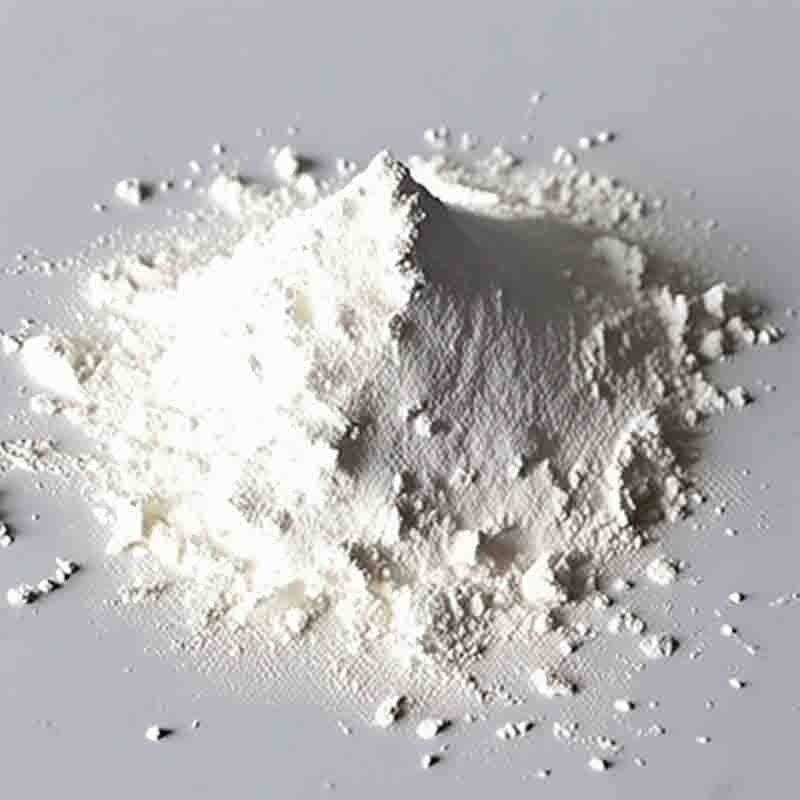3,4-Dichloro-6-fluoroquinoline CAS:1204810-46-7
| Catalog Number | XD95943 |
| Product Name | 3,4-Dichloro-6-fluoroquinoline |
| CAS | 1204810-46-7 |
| Molecular Formula | C9H4Cl2FN |
| Molecular Weight | 216.04 |
| Storage Details | Ambient |
Product Specification
| Appearance | White powder |
| Assay | 99% min |
3,4-Dichloro-6-fluoroquinoline is a chemical compound with a molecular weight of 216.04 g/mol. This compound has been studied for its potential biological and pharmacological effects, and it has shown promise in several areas.
One of the notable effects of 3,4-Dichloro-6-fluoroquinoline is its antimicrobial activity. Research has indicated that this compound exhibits significant antibacterial and antifungal properties. Its mechanism of action involves disrupting the integrity of bacterial and fungal cell membranes, leading to their inhibition and eventual death. This makes 3,4-Dichloro-6-fluoroquinoline a potential candidate for the development of new antimicrobial agents to combat infectious diseases caused by pathogenic microorganisms.
In addition to its antimicrobial effects, 3,4-Dichloro-6-fluoroquinoline has shown potential as an antiparasitic agent. Studies have demonstrated that this compound exhibits activity against various parasites, including Plasmodium species responsible for causing malaria. Its mechanism of action involves interfering with essential biological processes in the parasites, leading to their inhibition and potential eradication. This suggests that 3,4-Dichloro-6-fluoroquinoline may have therapeutic applications in the treatment of parasitic infections.
Furthermore, 3,4-Dichloro-6-fluoroquinoline has been investigated for its potential as an anti-inflammatory agent. Studies have demonstrated that this compound exhibits anti-inflammatory properties by modulating the production of pro-inflammatory mediators and inhibiting inflammatory signaling pathways. This suggests that 3,4-Dichloro-6-fluoroquinoline may have therapeutic applications in conditions characterized by excessive inflammation, such as inflammatory bowel disease, rheumatoid arthritis, and other inflammatory disorders.
Moreover, 3,4-Dichloro-6-fluoroquinoline has been studied for its potential as an anticancer agent. Research has indicated that this compound exhibits cytotoxic effects against various cancer cell lines, including breast, lung, and colon cancer. The exact mechanism of its anticancer activity is not fully understood, but it is believed to involve the induction of apoptosis, inhibition of cell proliferation, and interference with cancer cell signaling pathways. These findings suggest that 3,4-Dichloro-6-fluoroquinoline holds potential as a lead compound for the development of novel anticancer therapies.
Overall, the biological effects of 3,4-Dichloro-6-fluoroquinoline make it a promising candidate for further research and development in the fields of antimicrobial, antiparasitic, anti-inflammatory, and anticancer therapies. Its diverse pharmacological properties highlight its potential for the discovery of novel drug candidates with therapeutic applications in various disease conditions.


